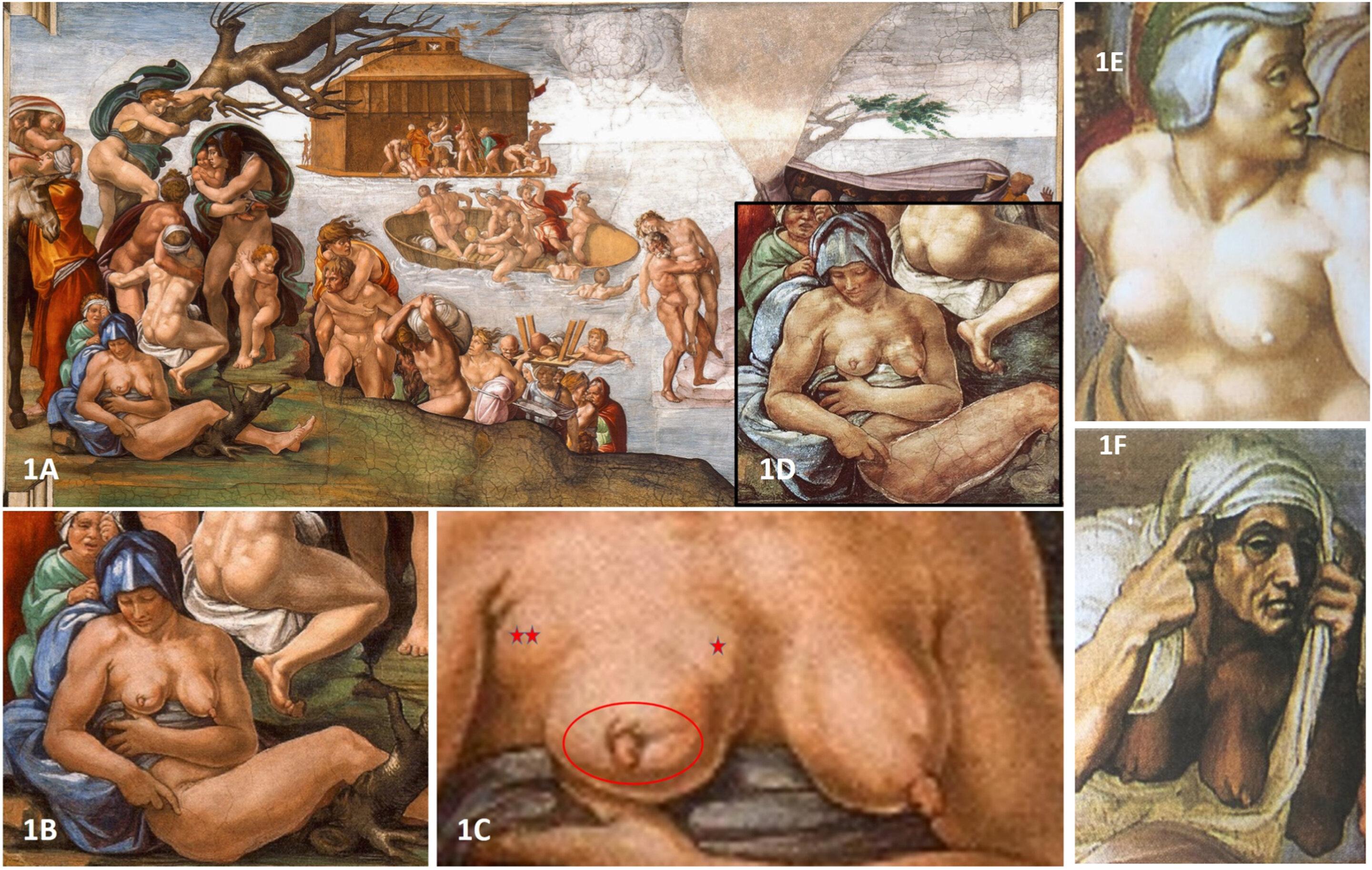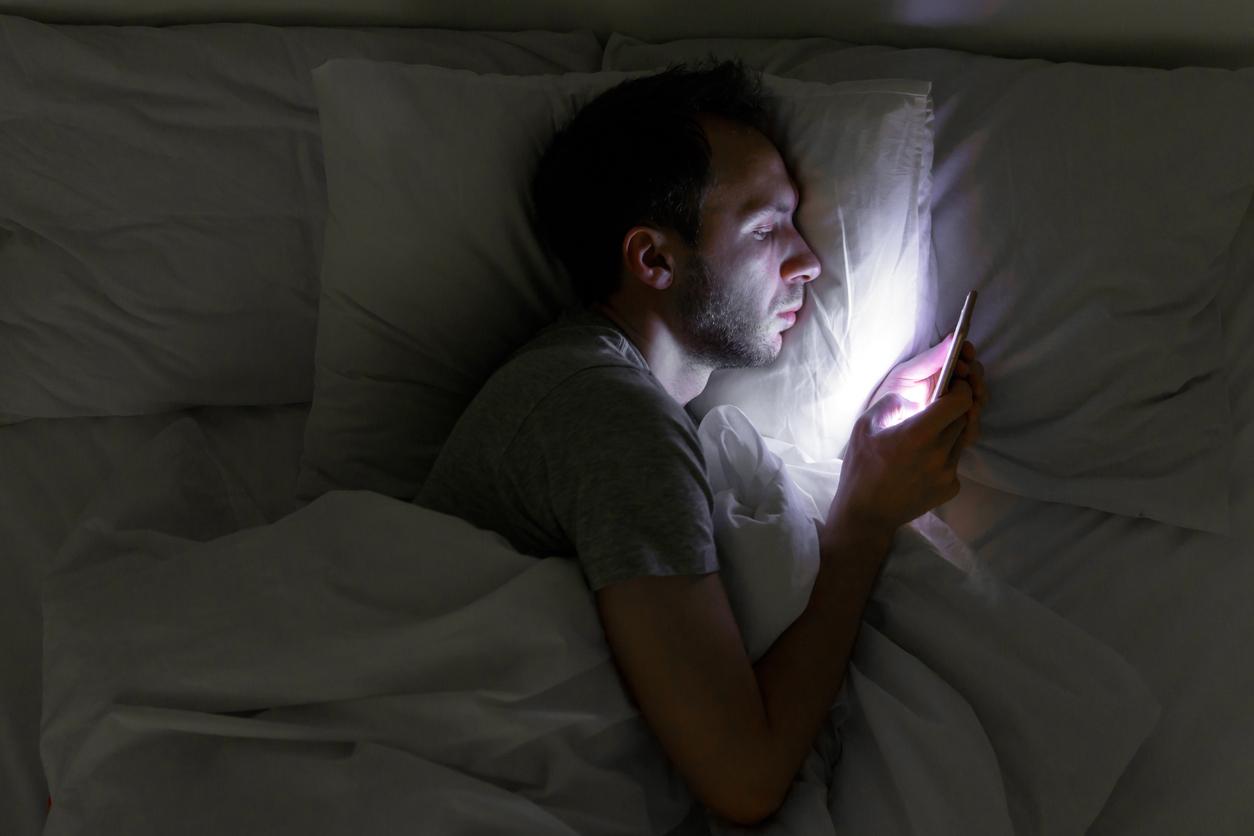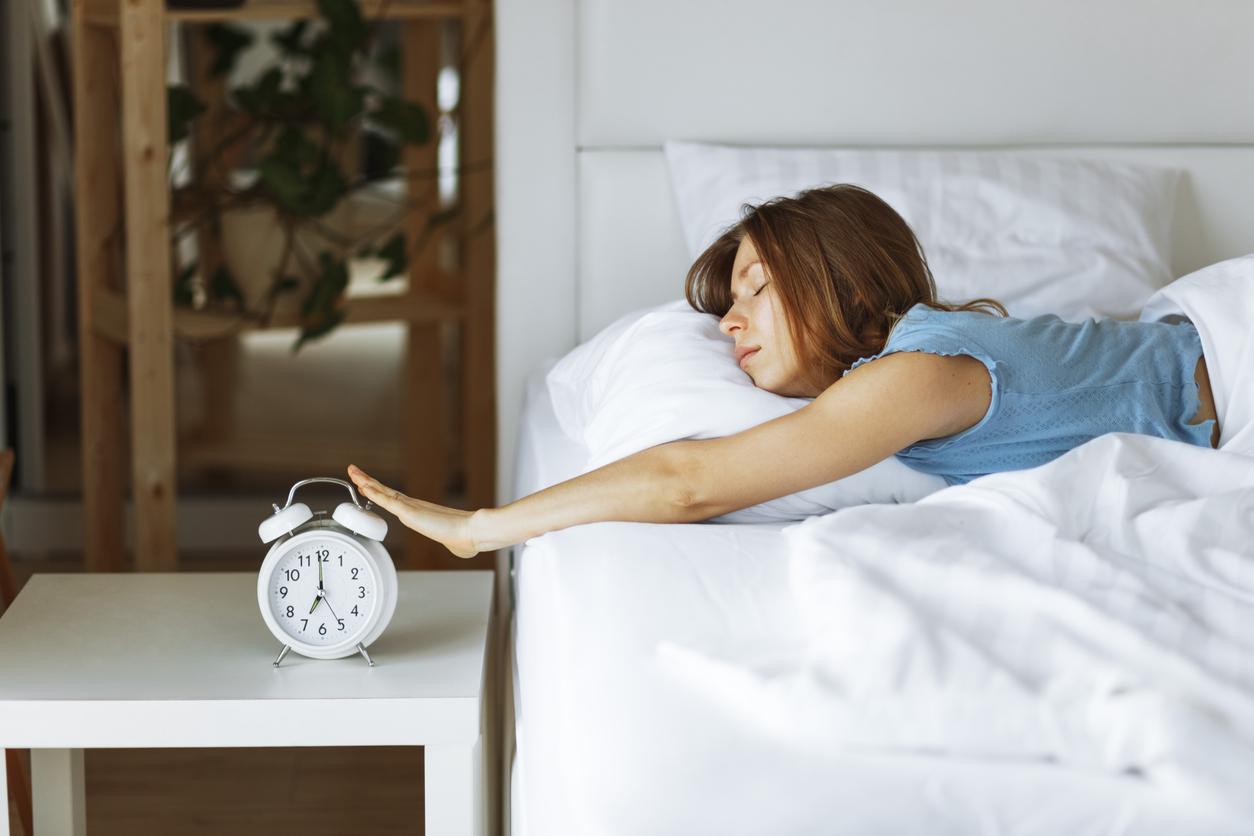Faced with excessive health risks, more and more experts and employers are banning night work.

Waiters, managers, hospitable, workers… According to an INRS survey, more and more employers are reorganizing to avoid night work, which is very dangerous to health. “All humans express circadian rhythms of around 24 hours”, summarizes for INRS Laurence Weibel, chronobiologist and prevention officer at Carsat Alsace-Moselle.
Internal clocks
She explains: “The day-night alternation synchronizes the different internal clocks of the body which regulate multiple physiological phenomena: production of melatonin which takes place exclusively at night, body temperature at its lowest around 5 a.m.-6 a.m., maximum blood pressure around 6 p.m., drop in speed in the early afternoon… Inadequate exposure to light will have repercussions on the internal clocks, and therefore on the biological functions they govern.”
ANSES thus summarized the dangers of night work, indicating that: the effects on drowsiness, quality of sleep and reduction in total sleep time, and metabolic syndrome have been proven; effects on mental health, cognitive performance, obesity and weight gain, type 2 diabetes and coronary heart disease (coronary ischemia and myocardial infarction) are likely; effects on dyslipidemia (too high concentrations of certain lipids in the blood), arterial hypertension and ischemic strokes are possible. There are also elements in favor of an excess risk of cancer associated with night work, particularly of the breast, which would be due to disturbances in biological cycles.
“People get their money’s worth from night work”
Faced with such risks, Marie-Anne Gautier, occupational physician and INRS expert, tells theAFP that it is no longer necessary “to set up night work. Or to wonder if it is really necessary”. Because there is, according to Laurence Weibel, a “difficulty in doing prevention on a job whose effects are deferred in time. People find their account in night work, between the significant additional remuneration, the possible additional leave and the availability during the day, which particularly attracts many parents”.
According to the Dares (Direction of the animation of research, studies and statistics), more than 40% of French people are concerned by work in atypical hours (evenings, weekends, split day), i.e. more than ten million of people. Night work, which corresponds to any work carried out between 9 p.m. and 6 a.m., concerns 3.5 million French people.

.

















